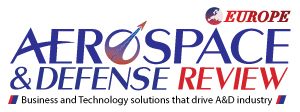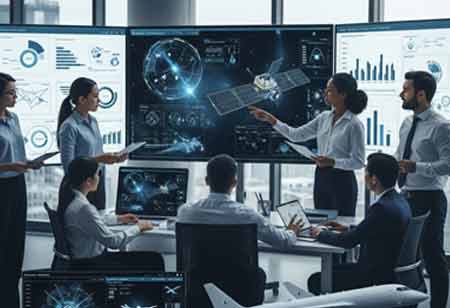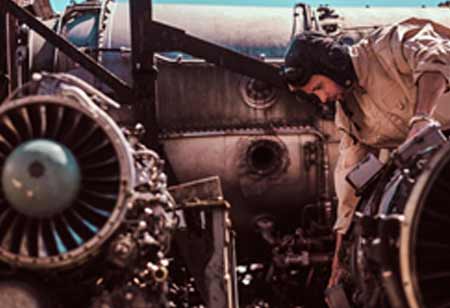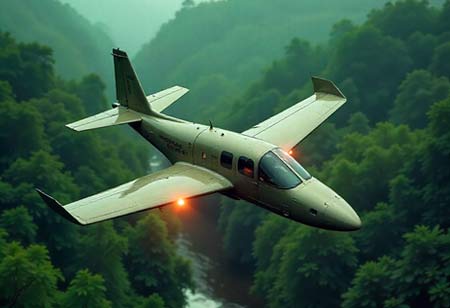Fremont, CA: The aerospace and defense industry lies at the crossroad of complex technology, regulatory precision, and global security dynamics. As geopolitical environments change and technological advancements evolve, the consulting industry that underpins this sector transforms itself. Aerospace and defense consulting is no longer limited to operational efficiencies and compliance; it is developing a more strategic role in shaping the future of global air and defense systems. This means that, in this new world, consultants provide more than expertise: they provide agility, foresight, and a thorough understanding of a world in turmoil.
Digital Transformation and Predictive Analytics
One of the most defining trends in aerospace and defense consulting involves the infusion of digital capabilities throughout every value chain layer. Consultants increasingly have the task of supporting their clients with digital modernization efforts, which include building cloud infrastructure, upgrading cybersecurity measures, and providing the digital twin for aircraft and defense systems. Predictive analytics, fed by real-time data and AI, is used to optimize maintenance schedules, reduce costs, and improve readiness. These tools further offer supply chain visibility and reduced lead time in an environment where accuracy and timing are critical. As digital maturity emerges as a key competitive differentiator, these consultants must act as the facilitators and enablers of the transition.
Sustainability and Environmental Compliance
Sustainability has ceased being tangential to the aerospace and defense industry and is now pressing into the very forefront of business consideration. Setting out an older condition of sustainable action, this legitimate pressure arises from regulatory pressure and social expectations, and these expectations raise issues concerning related environmental footprints. Consulting services are changing to include sustainability strategy development, life cycle assessment, and emissions trading. There is often a call for deep technical or regulatory expertise in this transition to greener materials, fuel-efficient designs, and waste-reducing processes. The consultants also support assessing defense organizations' operations' environmental impact and considering sustainability in procurement and logistics. The basis for compliance with international environmental standards is becoming crucial in civil and defense.
Workforce Transformation and Skills Alignment
With the increased application of advanced technology in aerospace and defense, workforce requirements are rapidly changing. One central area of consulting effort today is helping organizations realign their talent strategy to respond to new technology requirements. Key areas of focus include upskilling programs, review of team design for agility, and attracting a new generation of engineering and digital talent. With the active engagement of consultants, leadership is identifying skill gaps and applying organizational models to promote innovation while maintaining operational integrity. Increasing attention is also being paid to fostering a diverse workforce and retention, recognizing human capital as a key driver of sustained competitiveness in a highly specialized field.









